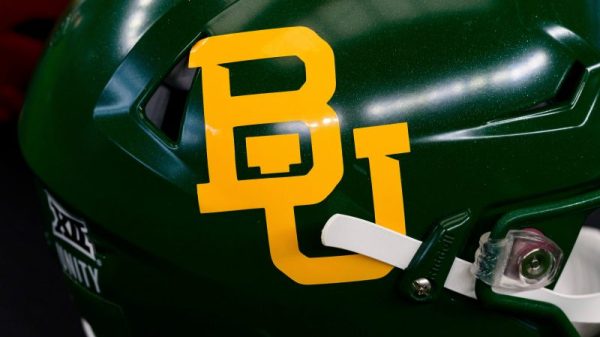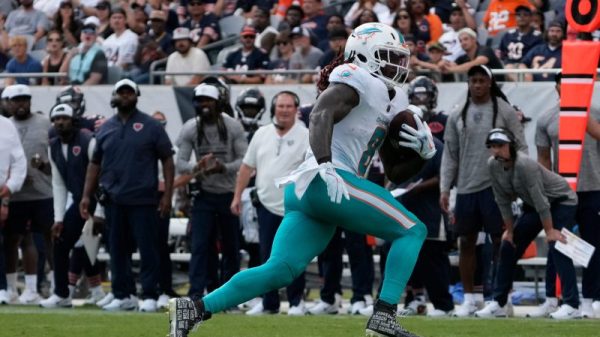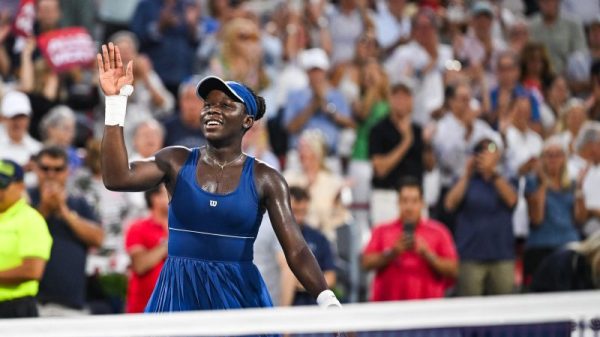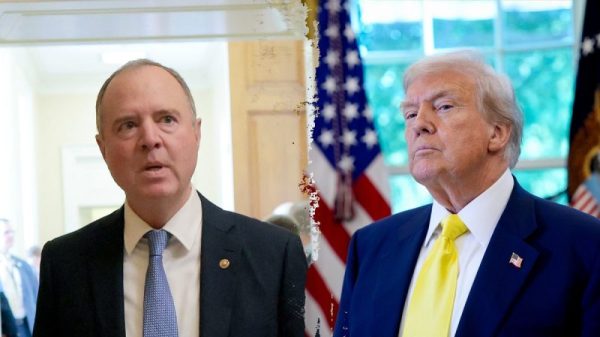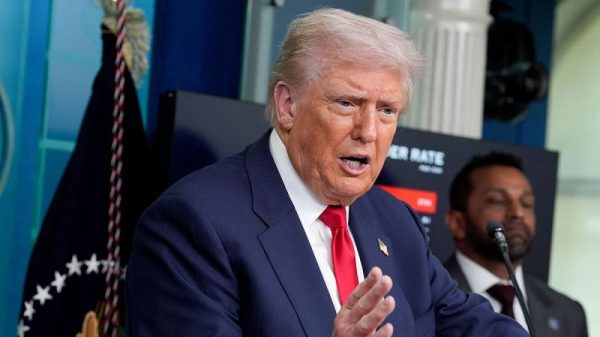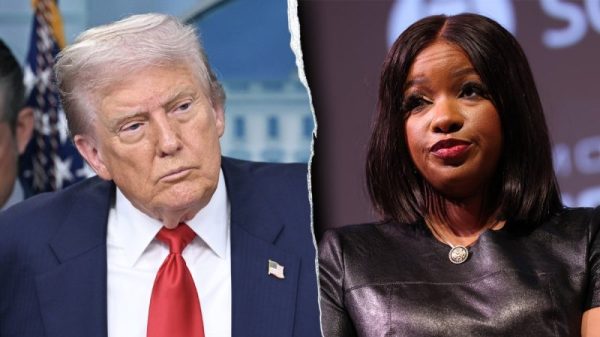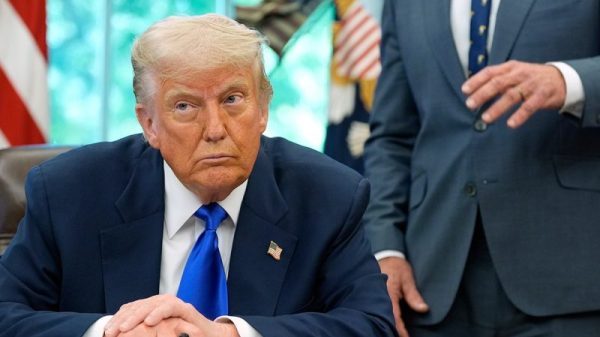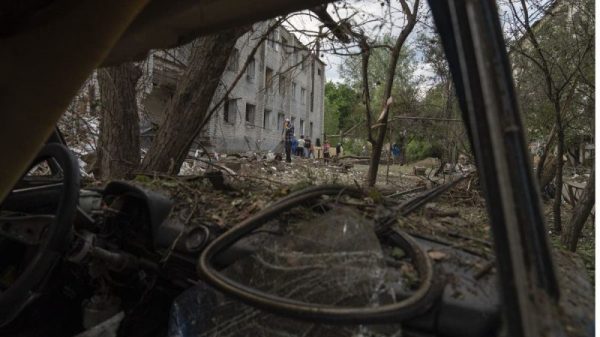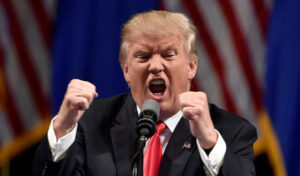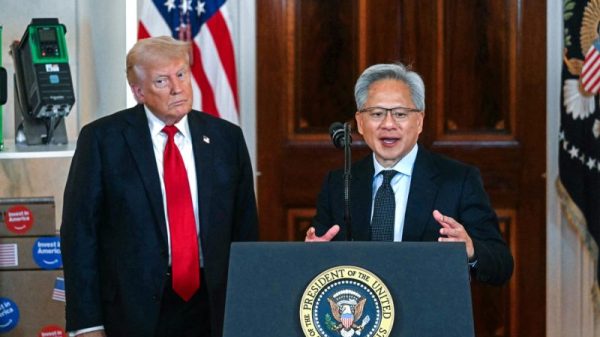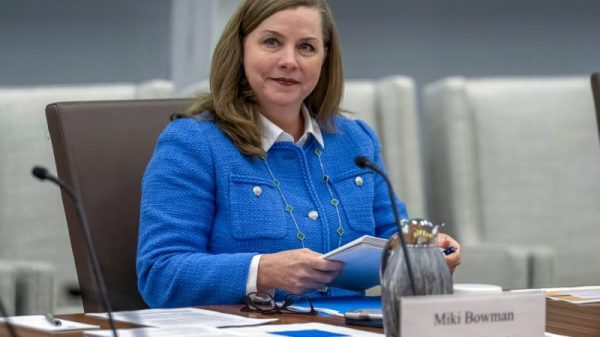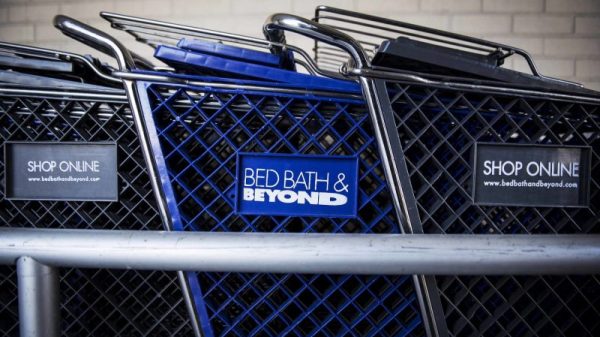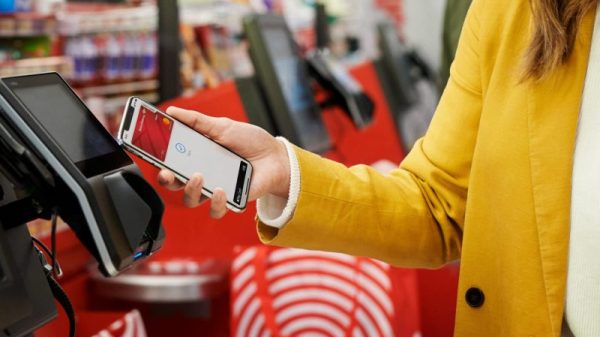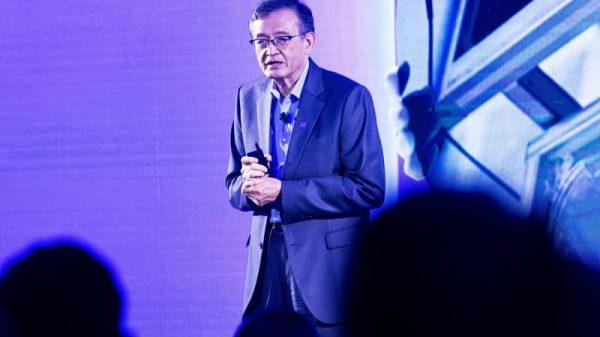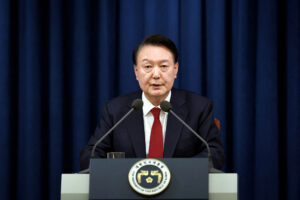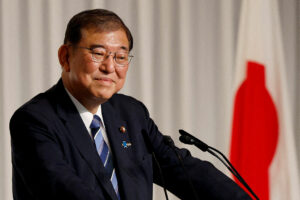SYDNEY – Australians reacted on Friday with a mixture of anger and relief to a social media ban on children under 16 that the government says is world-leading, but which tech giants like TikTok argue could push young people to “darker corners of the internet”.
Australia approved the social media ban for children late on Thursday after an emotive debate that has gripped the nation, setting a benchmark for jurisdictions around the world with one of the toughest regulations targeting Big Tech.
The law forces tech giants from Instagram and Facebook owner Meta Platforms to TikTok to stop minors from logging in or face fines of up to A$49.5 million ($32 million). A trial of enforcement methods will start in January, with the ban to take effect in a year.
“Platforms now have a social responsibility to ensure the safety of our kids is a priority for them,” Australian Prime Minister Anthony Albanese said on Friday
“We’re making sure that mums and dads can have that different conversation today and in future days.”
Announcing the details of the ban earlier this month, Albanese cited the risks to physical and mental health of children from excessive social media use, in particular the risks to girls from harmful depictions of body image, and misogynist content aimed at boys.
In Sydney on Friday, reaction to the ban was mixed.
“I think that’s a great idea, because I found that the social media for kids (is) not really appropriate, sometimes they can look at something they shouldn’t,” said Sydney resident Francesca Sambas.
Others were more scathing.
“I’m feeling very angry, I feel that this government has taken democracy and thrown it out the window,” said 58-year-old Shon Klose.
“How could they possibly make up these rules and these laws and push it upon the people?”
Children, meanwhile, said they would try to find a way around the ban.
“I feel like I still will use it, just secretly get in,” said 11-year-old Emma Wakefield.
WORLD FIRST
Countries including France and some U.S. states have passed laws to restrict access for minors without a parent’s permission, but the Australian ban is absolute. A full under-14s ban in Florida is being challenged in court on free speech grounds.
The legislation was fast-tracked through the country’s parliament in what is the last sitting week of the year, to criticism from social media firms and some lawmakers who say the bill has lacked proper scrutiny. It passed through the country’s lower house of parliament on Friday morning in a procedural hearing.
A spokesperson for TikTok, which is hugely popular with teen users, said on Friday the process had been rushed and risked putting children into greater danger.
“We’re disappointed the Australian government has ignored the advice of the many mental health, online safety, and youth advocacy experts who have strongly opposed the ban,” the spokesperson said.
“It’s entirely likely the ban could see young people pushed to darker corners of the internet where no community guidelines, safety tools, or protections exist.”
Albanese said on Friday passing the bill before the age verification trial has been completed was the correct approach.
“We are very clearly sending a message about our intentions here,” he said.
“The legislation is very clear. We don’t argue that its implementation will be perfect, just like the alcohol ban for under 18s doesn’t mean that someone under 18 never has access, but we know that it’s the right thing to do.”
The ban could strain Australia’s relationship with key ally the United States, where X owner Elon Musk, a central figure in the administration of president-elect Donald Trump, said in a post this month it seemed a “backdoor way to control access to the Internet by all Australians”.
It also builds on an existing mood of antagonism between Australia and mostly US-domiciled tech giants. Australia was the first country to make social media platforms pay media outlets royalties for sharing their content and now plans to threaten them with fines for failing to stamp out scams. — Reuters


